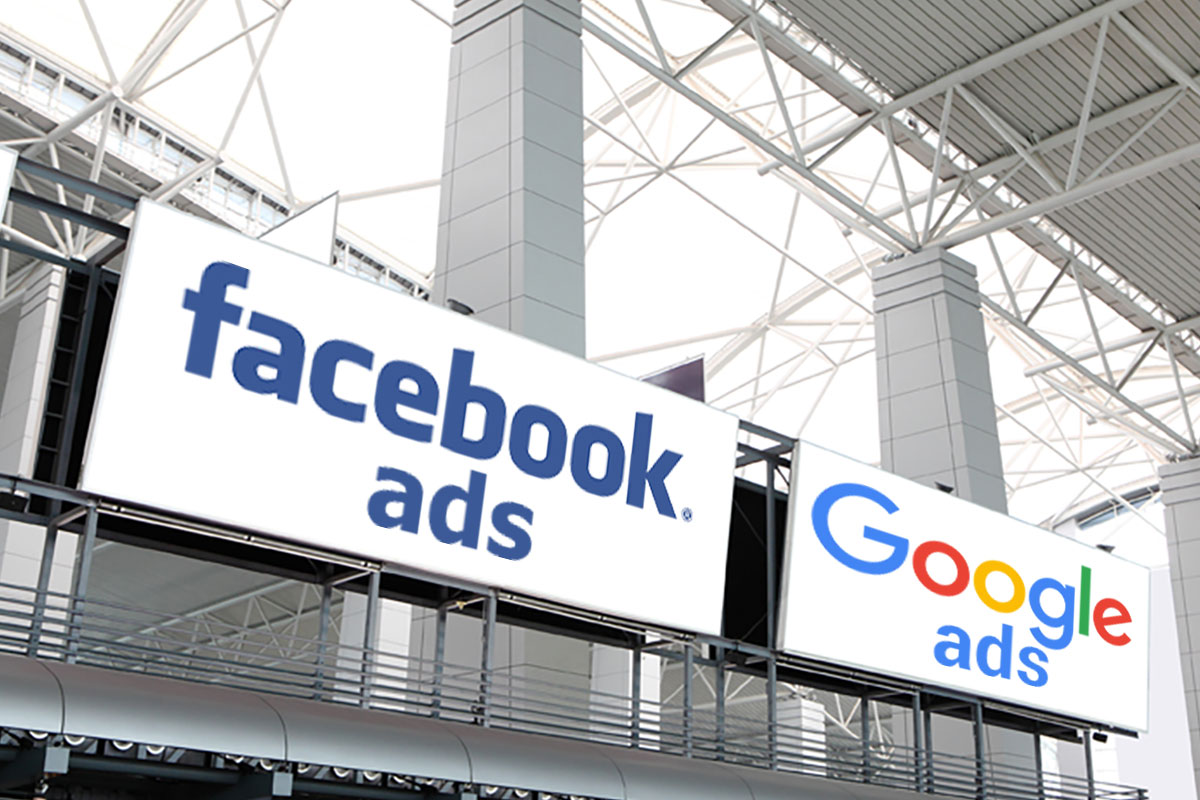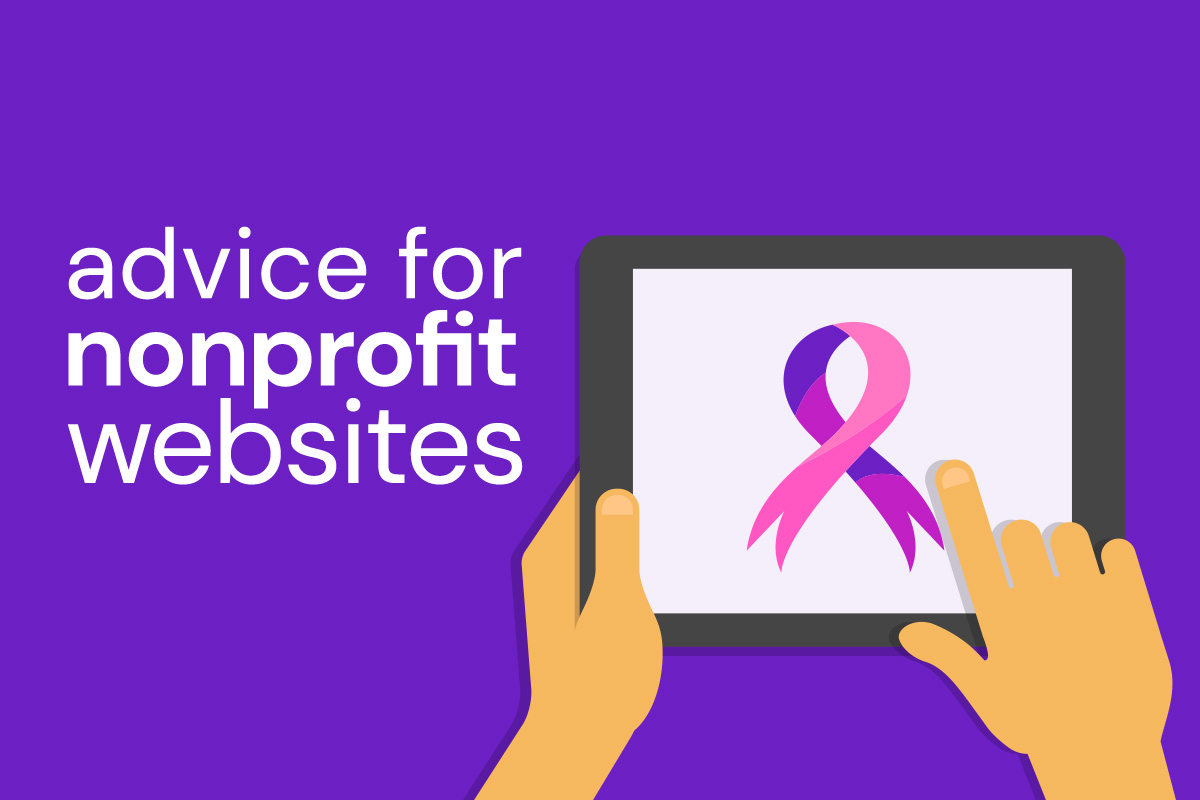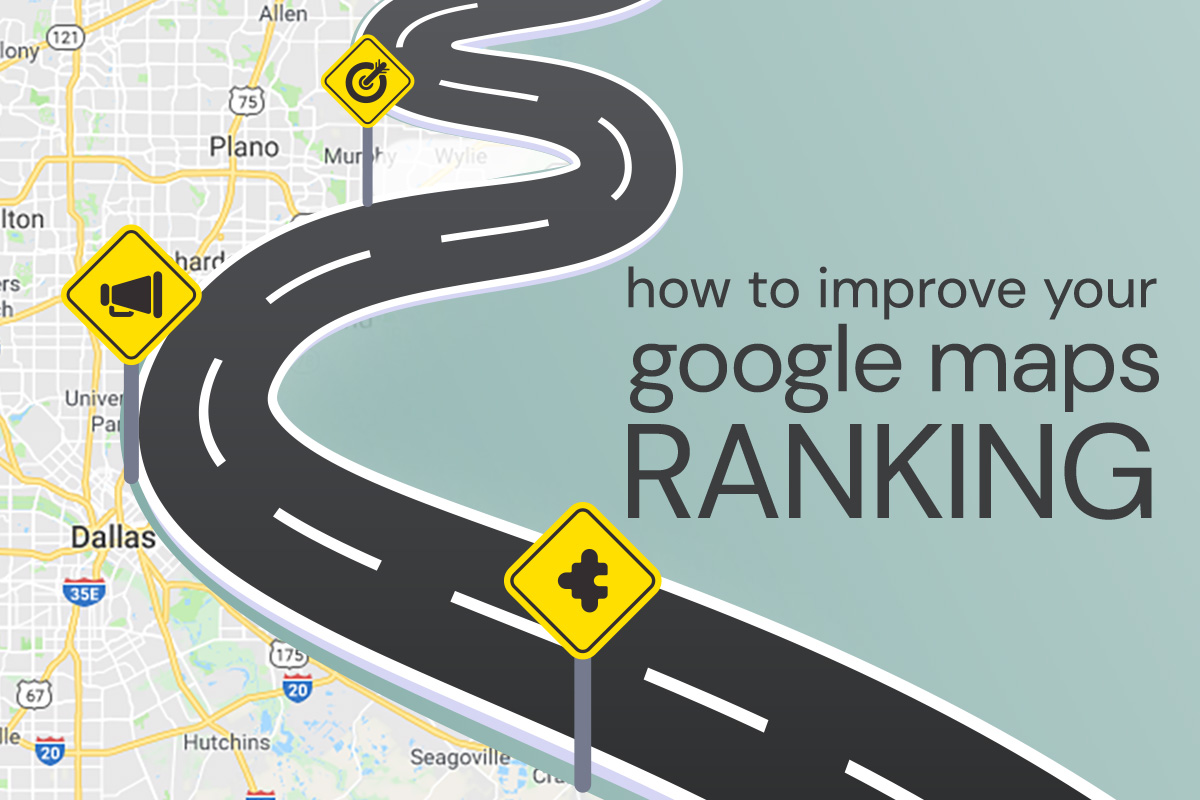If you’re getting serious about Internet marketing, your two most obvious options are Google Pay Per Click campaigns and Facebook advertising. There are vast differences between the two platforms, and costs will vary widely, but there are a few things you should know before starting either. As a general rule, B2C businesses are often best off starting with Facebook ads, while B2B businesses are best off starting with Google AdWords. But that’s just the beginning. Read on to see a comparison of the two advertising media:
Audience / Reach
With Facebook ads, you can choose the audience based on content people have shared about themselves in their Facebook profiles, such as age, gender, relationship status, education, and type of work they do. You can also include cities within a selected mile radius, such as 50 miles around Boston, or you can exclude locations, like Garland, or the ZIP code 75244. Meanwhile, Google PPC campaigns are based on keywords, not on demographics. Facebook’s narrowly targeted audience ultimately translates to a lower cost per click compared to Google AdWords.
Advantage: Facebook.
Timing
A Google ad appears when a user is searching for the designated keywords. At that point, the user is ready and willing to buy or act. There’s very little danger of “ad fatigue,” since new people constantly enter and leave the target audience. By contrast, people using Facebook are generally not looking to buy something; they’re there to see photos of their friends, cat videos, political memes, etc. A Facebook ad targets a static audience with very few people who enter or leave the audience, so ad fatigue rates are much higher. To compete, you need to constantly update your creative approach.
Advantage: Google.
Engagement
A Facebook ad allows users to comment, like, or otherwise engage with the posted ad. Google ads don’t, of course. We can all agree that brand engagement does drive sales, so Facebook wins this round. They even offer a helpful tutorial for increasing your brand engagement with promoted posts.
Advantage: Facebook
Analytics / Measurement
The Google platform offers very detailed analytics that can be exported to formats like .CSV or .PDF, so you’re able to easily share your results with colleagues and track your performance over time. AdWords is great at telling you how much money your ads cost and how many conversions you’re getting, but beyond that, you can also determine what happens between the click and the conversion. It can tell you what people do on your site, so if they’re not converting, it can help you find out why. And when you can fix conversion rate issues, your AdWords performance will improve.
Facebook automatically provides you with a variety of metrics, but some of these are what we call “vanity metrics.” Vanity metrics typically are big numbers that look good, but don’t provide much insight. Look beyond these to see how your campaign is really performing, and take note of your click-through rate. We highly, highly recommend linking your Facebook ads to Google Analytics, so you can track your conversion rate and cost per click.
Advantage: tie, if using Facebook in concert with Google Analytics
Little-Known Fact:
Both Facebook and Google ads are able to track visits to your brick-and-mortar location as conversions—these are known as “offline conversions.”
If you were hoping for a cut-and-dried answer as to whether Facebook ads are more cost-effective than Google AdWords, we apologize for the disappointment. Your best bet is to learn as much as you can about each platform, invest a pre-determined amount in each platform, and see how these experiments play out. Ideally, you would work with a trusted partner to administer your ad program. PPC campaigns require a great deal of supervision and testing, and an expert who is making adjustments to the campaign based on feedback is likely a cost-saver in the long run. Meanwhile, if you’d like to read a few case studies on Facebook ads and Google ads, Moz has some excellent ones.






